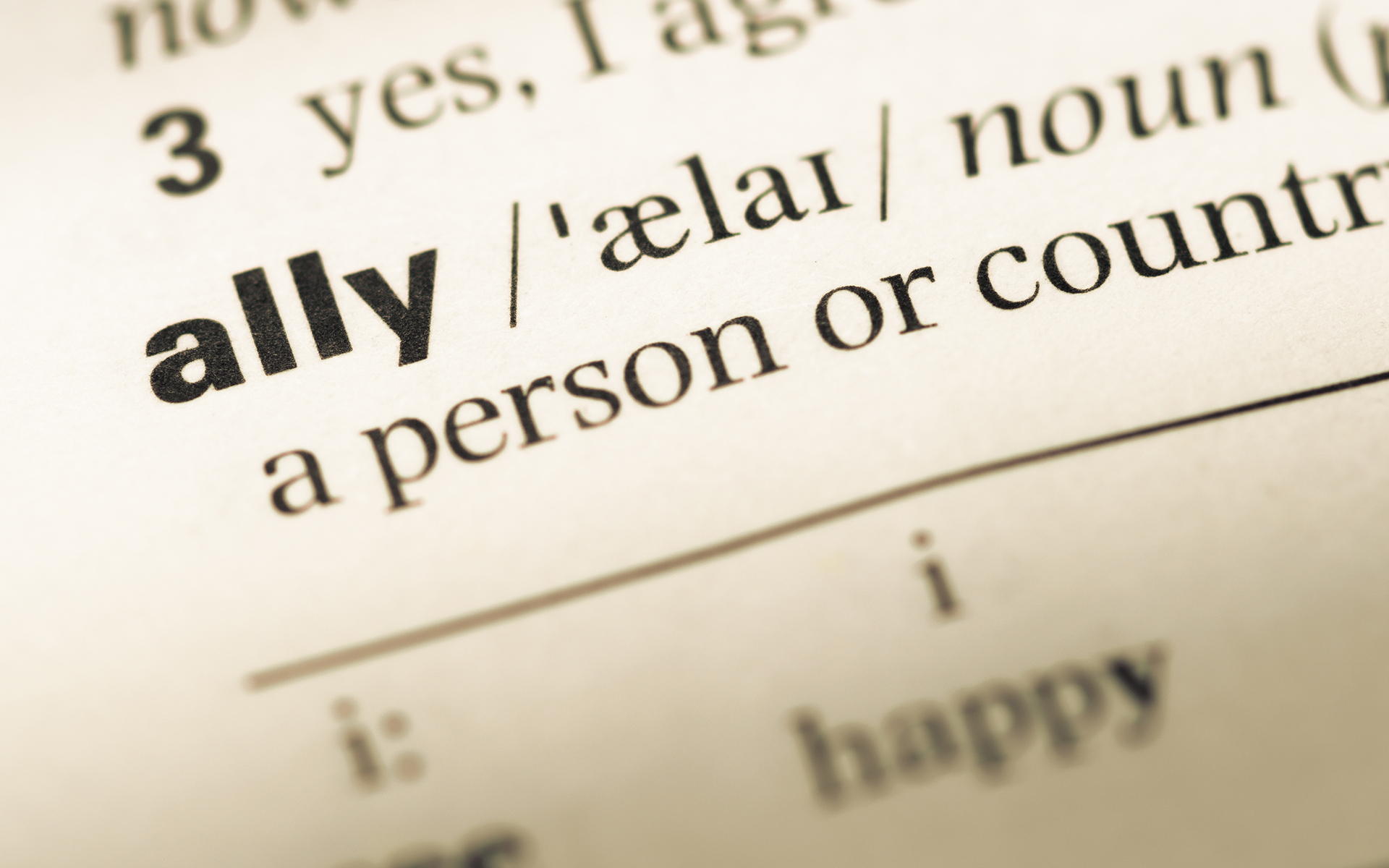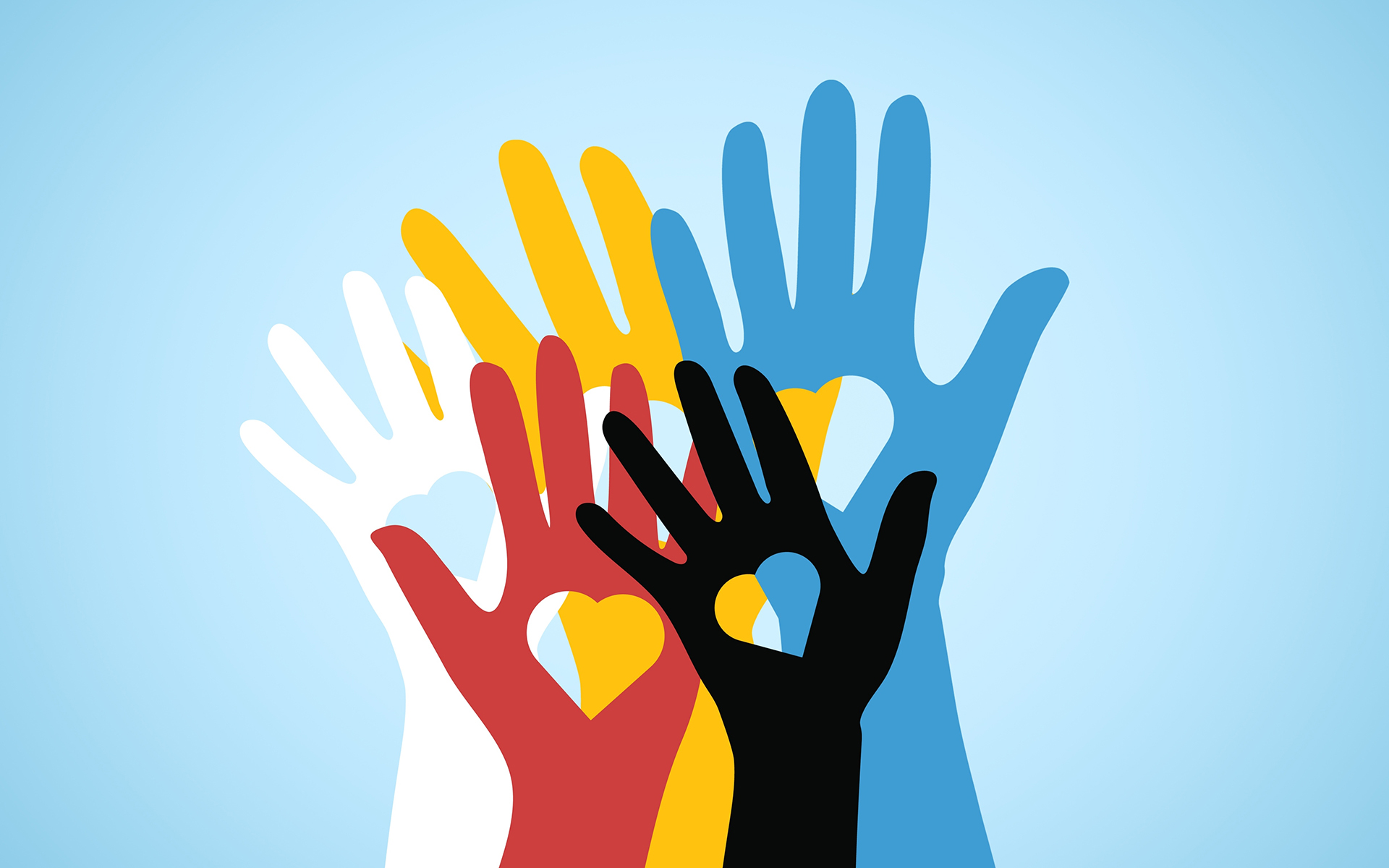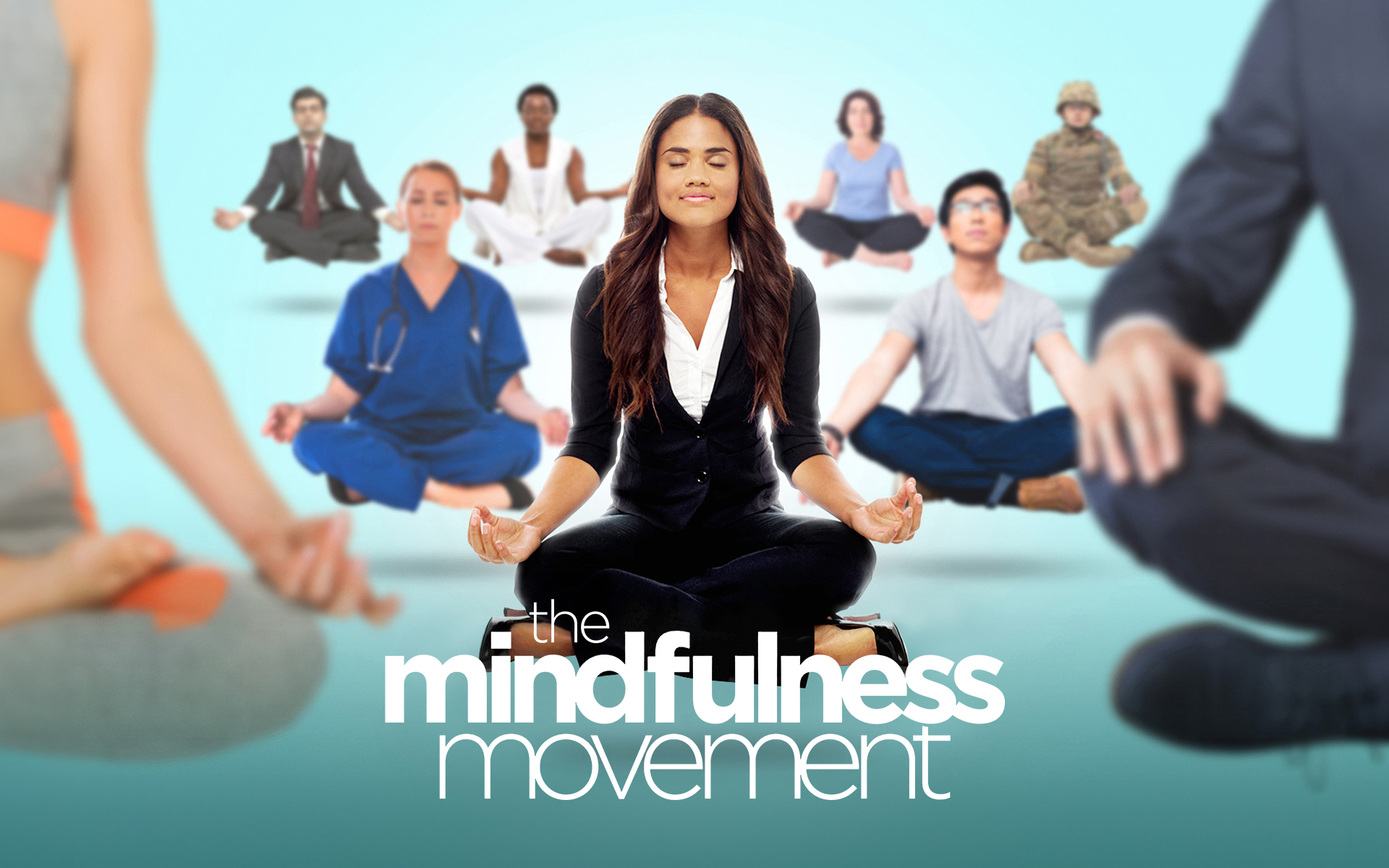Iman Gibson and Tori Lund have been friends for decades, doing yoga together in middle school. More recently, they collaborated on Antiracism Meditation, an album of guided meditations with accompanying journal prompts around privilege, racism, and allyship. We asked the two teachers—one Black, one white—to talk about the role meditation plays in the urgent work of anti-racism. They let us look in on their email conversation.
Tori Lund: Hey Iman,
I know we have been talking about this topic a lot lately. Why should folks consider meditating as one way to engage in anti-racism work?
Iman Gibson: Hey Tori! Short Answer: Meditation plays a HUGE role.
Here’s the TLDR:
We all experience tiny moments of enlightenment. I had one recently while meditating during a DIY at-home silent retreat. I really tapped into our shared consciousness as humans versus our typically perceived identity as individual selves. We may show up in different bodies with unique cultures and identities but we are all part of the same energy.
This realization drastically changes how we treat each other. If I truly believe that you and I are the same, then I’m far less likely to mistreat you. By mistreating you, I would essentially mistreat myself. Meditation helps us feel more connected and that’s why I’m so excited to deploy meditation to help bridge the gaps between us.

TL: First of all, what’s a TLDR??
Second of all, I couldn’t agree more. Also your sit sounds amazing!
There are so many benefits in using meditation to combat racism—especially mindfulness.
We need to be aware of our thoughts in order to address our behaviors. Many well-intentioned folks unknowingly harbor racism which can lead to harmful speech and actions. The majority of us unknowingly inherited racist perceptions. Mindfulness makes us aware. We then have the opportunity to choose right action moving forward.
The Antiracism Meditation project that you and I created addresses the ingrained racism and privilege that all of us live with. Only after confronting these can we begin the work of uprooting our negative biases.
IG: Hahaha TLDR is Too Long Didn’t Read.
Well said. I’d like to also add: While meditation is an incredible tool for anti-racism, it in no way replaces the daily work required to be anti-racist. It trains us to think differently about our words, actions, and choices and to show up for others off the cushion.
When injustice happens, whether it is toward Black lives, the environment, immigration etc., it is not enough to sit on our mats and offer loving-kindness. If all we do is sit when we are called upon to stand—how can we truly contribute to a more enlightened and awake world? The practices we curated (including mindfulness and loving-kindness) are training for people to know when and how to stand.
TL: Ahh..thank you for the pop lingo lesson!
I love what you said about meditation being training. The more we do it the more we encourage ourselves to stand up, like you said. As a country singer, I have become much more aware of racism in the music industry even since working on our project. My genre of music has been falsely synonymous with “white culture,” even though it’s rooted in Black music traditions. I often play for all-white venues, have seen racist themes such as confederate flags, noticed racially insensitive band names, and heard racist lyrics. I may not be able to enforce change but I can call out racism when I see it and boycott venues, bands, and music who exhibit or promote racism.
As a white woman, I have not experienced racial oppression, but being friends with you for 20 years I have had a window into your experiences as a Black woman. Like you said, we are connected, your suffering is my suffering. People who have not experienced racism have an obligation to use that privilege to put an end to it.
Might’ve veered off topic…to sum up mindfulness has opened my eyes to the racism that’s present in my everyday life and motivated me to stand up against it.

IG: Not off topic at all! And it’s worth mentioning that anti-racism is important work for ALL people, not just white folks. The bulk of discrimination I’ve experienced was actually from other POC.
My deepest wish is that using the tools learned from meditation, folks look inside themselves without judgement, observe what they notice then turn it into action.
TL: I sincerely hope so too.
Developing resilience has been especially helpful for me. As you know, a few years ago I moved to rural GA, from Los Angeles, which was a big adjustment. The town I live in has a long history of racism, but I was still shocked on more than one occasion to hear our neighbors use racial slurs. At the time, I avoided confronting them because I was scared to speak up. I remember telling you about it and even justifying my silence as shyness, but now I know that is not a valid excuse. There is no excuse. My silence condoned racism, it made me complicit.
If I want to be anti-racist I have a duty to not only call out my own bias but others’ as well. In meditation we learn how to coexist with discomfort, which prepares us with the courage for challenging conversations and actions needed to fight racism.
IG: Completely agree. Allyship is more than putting a black box on social media or saying that you care. It’s speaking out against racism even when it’s hard.
The fact that as a country singer, you spoke out against racism and potentially risked fans and livelihood is true allyship.
The fact that you put forth the action to co-create our Antiracism Meditation album and journal with me is true allyship.
As your friend, that has made me feel more valued and loved than anything else in our lifelong friendship.
read more
5 Mindful Habits to Fight Bias Every Day
Our mindfulness practice can be a strong source of support for our efforts to combat bias in ourselves and others.
Read More
4 Lessons on Anti-Racism from Brené Brown and Ibram X. Kendi
Brené Brown and professor Ibram X. Kendi explore how the root of racism is self-interest and offer insights on how to be an anti-racist.
Read More
Using Mindfulness to Break Racial Bias
Anu Gupta, founder and CEO of BE MORE with Anu, offers five portable compassion-based tools to face and transform racial bias at work and in day-to-day life.
Read More









